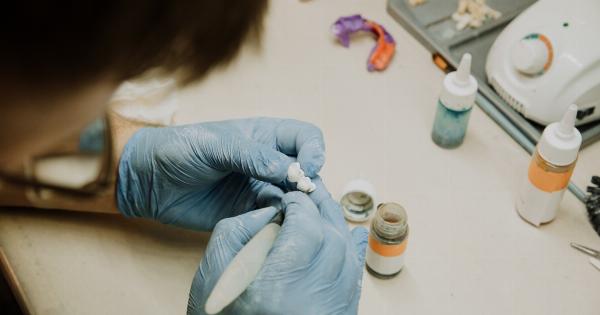As a nurse, understanding how drugs work is crucial for providing safe and effective care to patients. Drugs are used to manage and treat a wide range of conditions and illnesses, from minor infections to chronic diseases.
However, to use drugs effectively, nurses need to have a solid understanding of how they work. This article explores the basics of drug action and how nurses can improve their knowledge in this area.
What are drugs?
Drugs are any chemical substances that can affect the body. They are used for a variety of purposes, including therapeutic and diagnostic.
Therapeutic drugs are used to treat diseases and conditions, while diagnostic drugs are used to help diagnose conditions or diseases.
How do drugs work?
Drugs work by targeting biological molecules in the body, such as enzymes, receptors, and ion channels. They can affect the way these molecules work, either by increasing or decreasing their activity.
For example, an antibiotic drug might target a bacterial enzyme that is essential for the bacteria to grow, ultimately killing the bacteria.
Conversely, a drug that treats high blood pressure might act on receptors in the body to lower blood pressure by dilating blood vessels.
Routes of administration
The method by which a drug is introduced into the body can affect how it works and how quickly it takes effect. Some common routes of drug administration include:.
- Oral: By mouth, usually in the form of a tablet or capsule.
- Intravenous (IV): Directly into a vein, typically administered in a hospital setting.
- Inhalation: Through the respiratory system, such as with an inhaler.
- Topical: Applied to the skin, such as with a cream or ointment.
- Rectal: Administered through the rectum, often in the form of a suppository.
Factors that affect drug action
Several factors can affect how a drug works in the body. These include:.
- Age: As people age, the body’s ability to metabolize drugs may decrease, leading to higher levels of drug accumulation in the body.
- Weight: Dosing of drugs may be based on a person’s weight, particularly in children and obese individuals.
- Gender: Hormonal differences between males and females can affect how drugs are metabolized in the body.
- Genetics: Genetic factors can play a role in how a person’s body reacts to specific drugs.
- Health conditions: Certain health conditions can affect how drugs are metabolized in the body.
Drug interactions
When two or more drugs are taken together, they can interact with each other and affect each other’s action in the body. This is known as a drug interaction. Drug interactions can be dangerous and can lead to serious side effects, including death.
Some common types of drug interactions include:.
- Drug-drug interactions: When two or more drugs are taken together, they can interact in ways that affect how the drugs or metabolized or eliminated from the body.
- Drug-food interactions: Certain foods can affect how drugs are metabolized in the body, leading to changes in drug action or side effects.
- Drug-condition interactions: Some health conditions can affect how drugs are metabolized in the body and can lead to either diminished or increased drug action.
How nurses can improve their knowledge of drug action
Understanding how drugs work is a critical aspect of nursing practice. Fortunately, there are several strategies that nurses can employ to improve their knowledge in this area. These include:.
- Continuing education: Attend workshops, conferences, and webinars to stay up-to-date on current trends in drug action.
- Read drug monographs: Drug monographs are a comprehensive resource that provides information about a specific drug, including indications, side effects, and drug interactions.
- Collaborate with healthcare professionals: Work closely with pharmacists, physicians, and other healthcare professionals to gain insights on how drugs work and how best to use them.
- Consult drug references: Verify dosages, indications, and side effects of medications before administering them to patients.
Conclusion
Understanding how drugs work is an essential part of nursing practice.
Nurses can improve their knowledge in this area by staying informed of current trends, reading drug monographs, collaborating with healthcare professionals, and consulting drug references. As a result, nurses can provide safe and effective care to their patients.






























